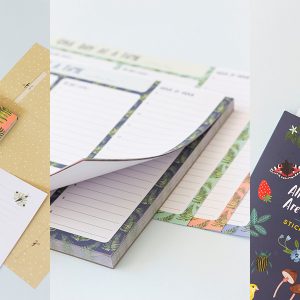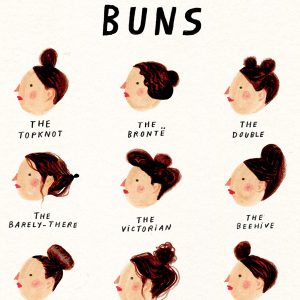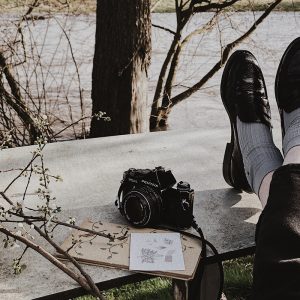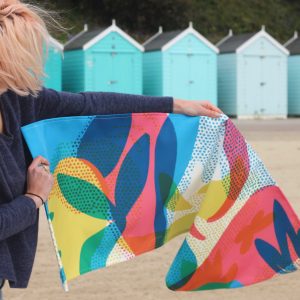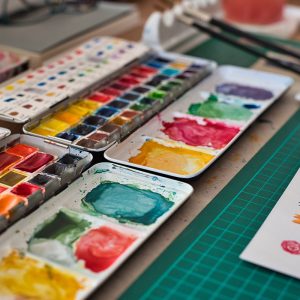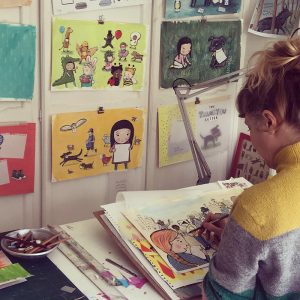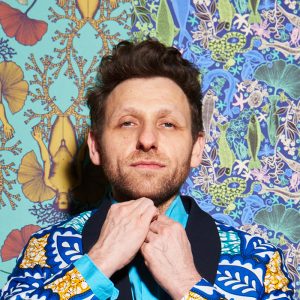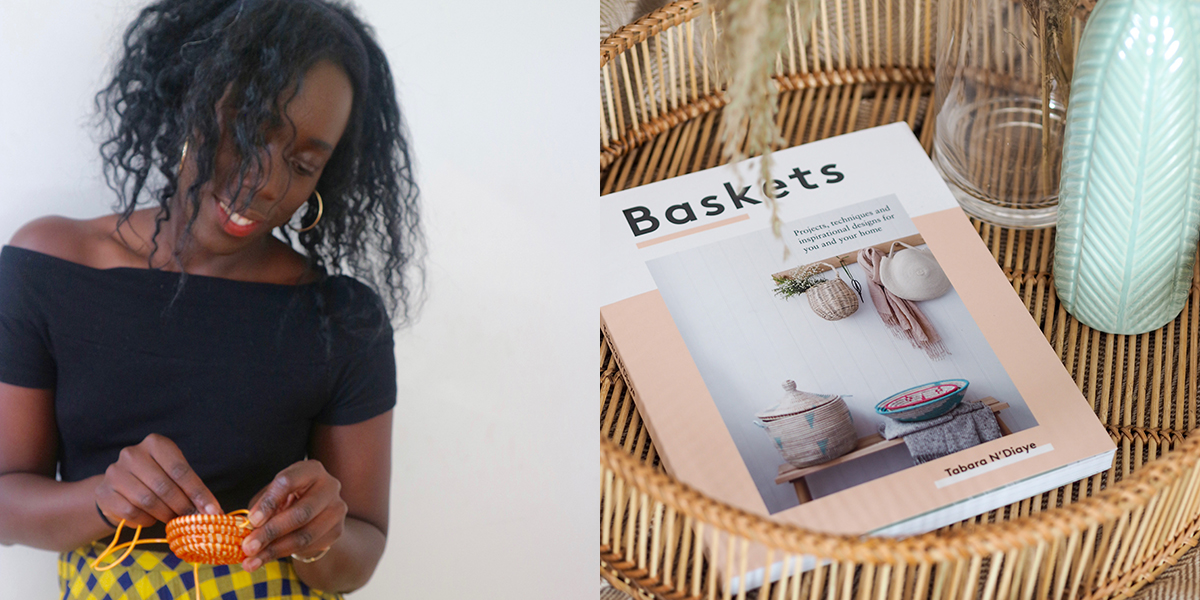Total freedom of choice sounds like a good thing, but according to sociologist and relationship expert Eva Illouz it mainly makes us feel insecure. In issue 37 Eva tells us about the evolution of love and relationships over time.
Your latest book is called The End of Love. What is going on with love these days?
Romantic relationships have become very complex in recent years. We increasingly go to the psychologist for problems relating to our relationships. It may concern conflicts between parents and children, or within a whole family, but it usually has to do with problems in the romantic and sexual arena. Many people find it difficult to build or maintain intimate and loving relationships.
There is also a lot of uncertainty nowadays about how you should behave in a relationship, and the numbers of broken marriages are higher than ever in recent years. When the field of psychology has become so dominated by relationship problems, then to me, as a sociologist, that means there is more going on. Because it can’t be that our psyche has suddenly changed all that much. I think that the social conditions for forming relationships have become more difficult. That’s why I wanted to study how the environment actively shapes who we are and how we interact.
Romantic relationships used to follow codes and rules of conduct. And those codes and rules have been completely changed, precisely by sexual freedom. There was once such a thing as ‘courting each other’. There was a very structured way of getting to know each other, with its own rules, and it was aimed at establishing an intimate bond, usually a marriage.
In the 1970s, this way of meeting each other completely collapsed. This means that many people going on a date with each other now no longer know what the purpose is of their date. They don’t know if it’s for sex or just because they like each other. Whether it’s dating once, or with the intention of building a relationship. Most interactions have a framework: ‘I know what the other person is going to say and what I am going to answer’.
These interactions are therefore defined in advance in a certain way. And that helps us out. But in sexual and romantic relationships, the framework is uncertain, and is constantly being renegotiated. Someone likes someone else a lot, but that person only wants sex. That is an uncertain framework. Even in a marriage, you can no longer know what the framework is, because your partner may approach you and say, ‘Hey, I want an open marriage’. And so the framework of the relationship is again called into question. This also leads to a lot of uncertainty.
I expect that a wide variety of relationships will arise. The traditional couple will still be an option, but there will be more people living in open relationships, people who use friends as a substitute for family, people who have children and choose to live as single parents or raise their child with a group of friends, people who marry themselves. So I definitely see a great mix of trends, but I don’t think we can prevent the fact that the traditional family will no longer be dominant. That will disappear.
Text Sjoukje van de Kolk Photography Christopher Burns



